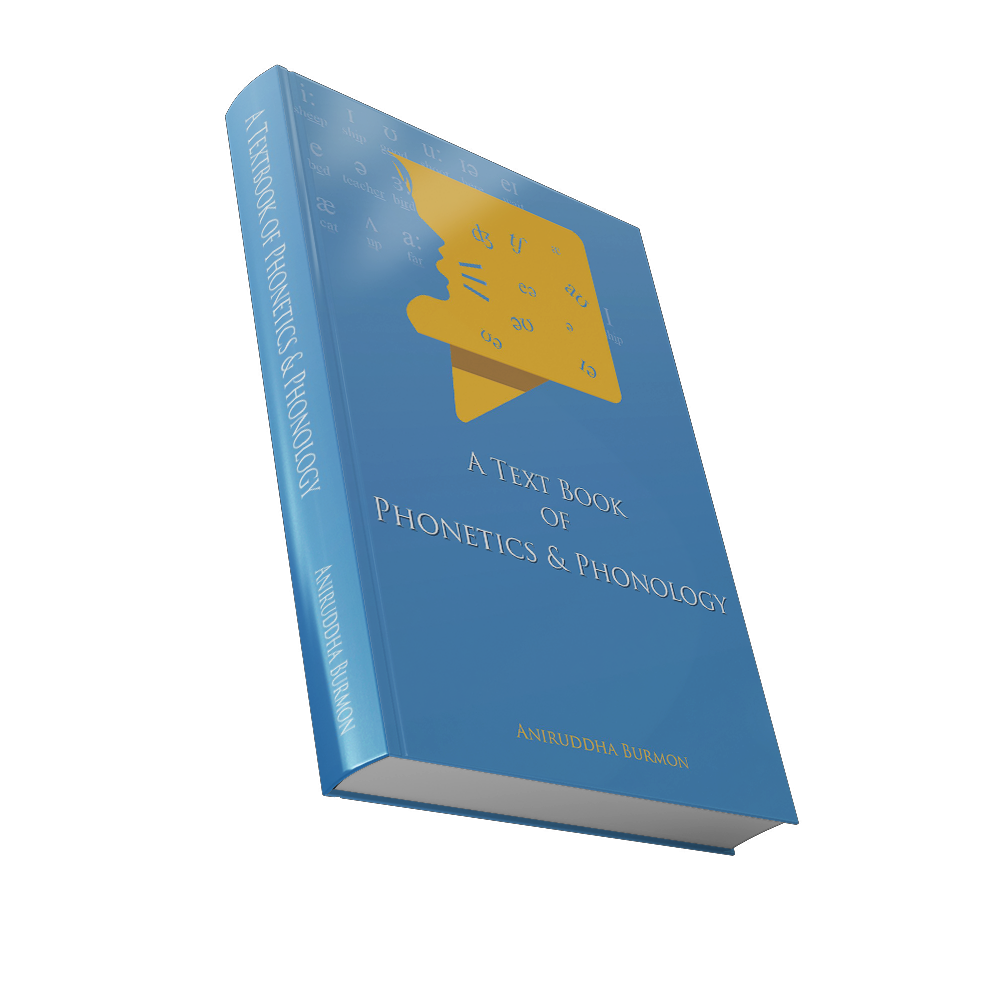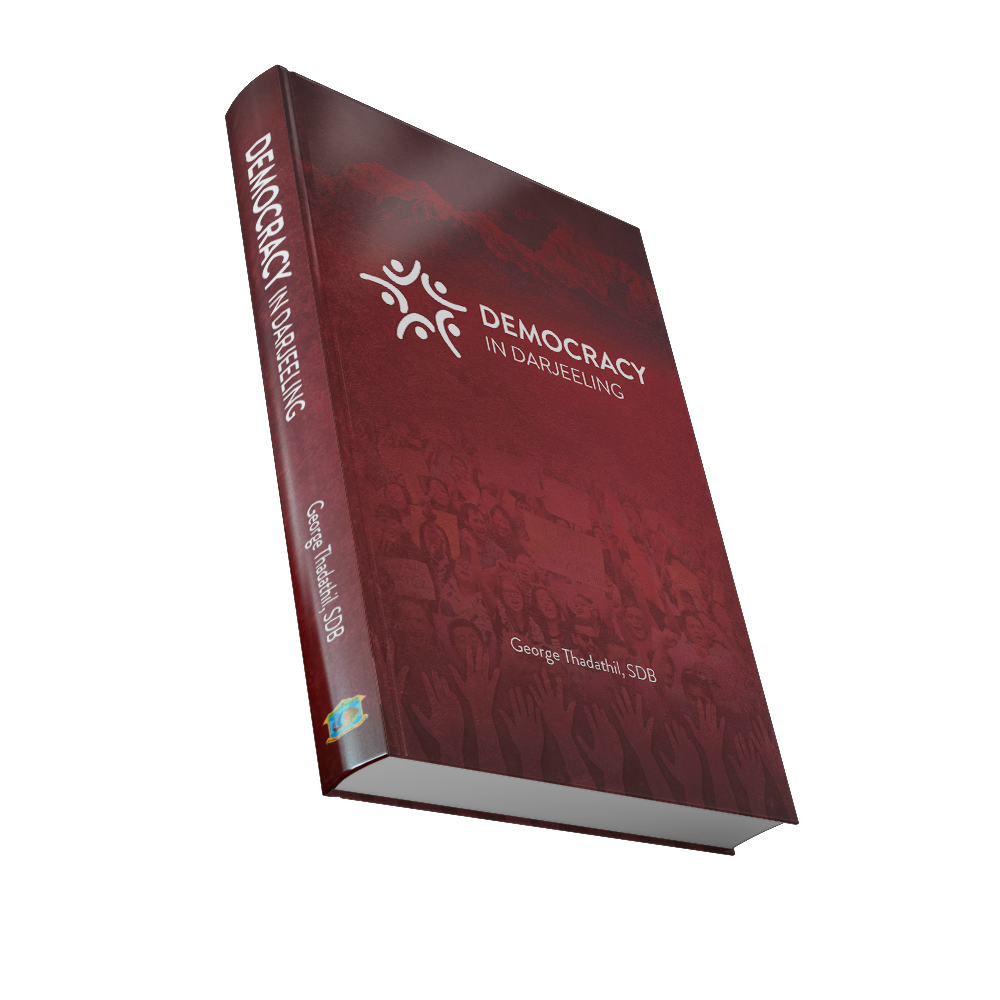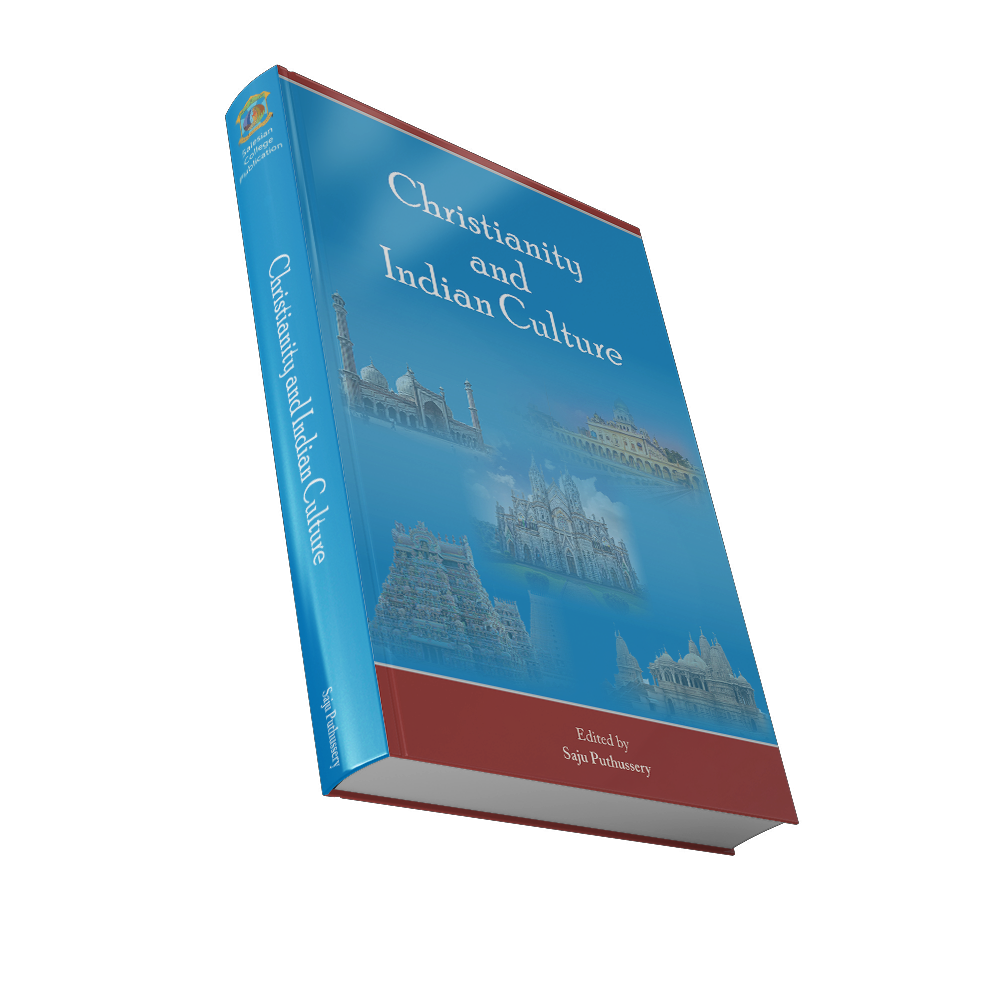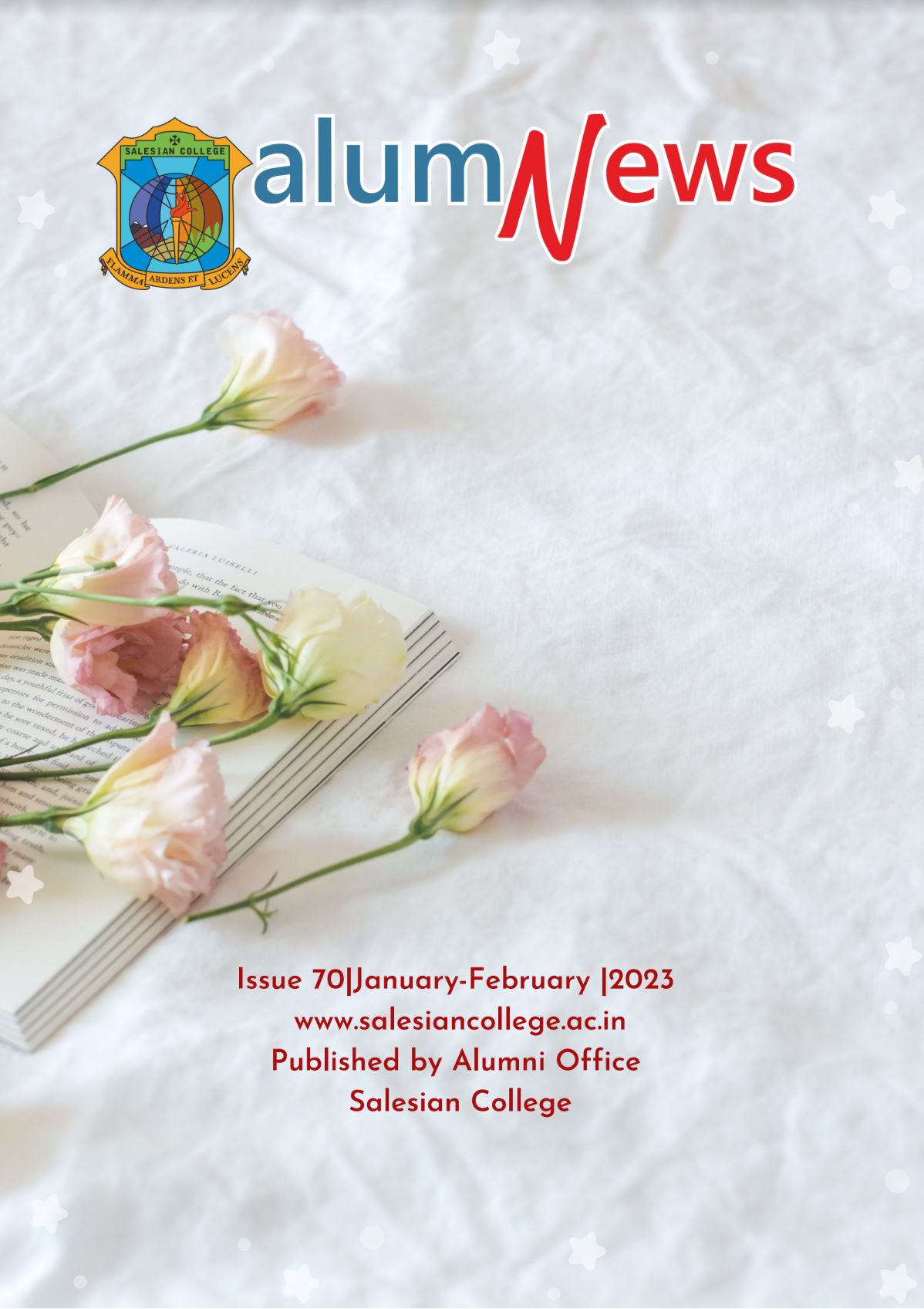INTRODUCTION
Indian music has remained the heart and soul of every Indian for ages. An average Indian depends profoundly on the songs in happiness and grief and also makes it a part of every celebration. Singers, composers and lyricists are revered in India and acknowledged for their contribution to each generation. Unfortunately, a five lakh rupees online transfer is all that a musician gets in India if his creation is stolen. While Ratan Kahar, the composer of a folk song, “Genda Phool” that was recreated by Badshah, a rapper, was acknowledged after immense controversy in social media, there are many composers who go into oblivion without any recognition of their original work. Despite the existence of a copyright statute in India and the country being a part of various international treaties and conventions related to Intellectual Property Rights, the lack of adequate protection mechanism gives a free hand to producers, singers and composers to openly infringe copyrights in the Indian music industry. Although the Copyright Act, 1957 ensures the owner an absolute right over his/her composition and to the artist and also gives him/her a choice about how his/her music is to be reused, there has been a continuous infringement of this right. A need was felt for amending the law and in 2012, significant changes were brought in to enhance protection to the creators for their original work. For decades, Indian musicians have been lifting foreign music and folk music without acknowledging the original author. Furthermore, the creativity of an individual is bulldozed and the credits of his creation are taken away by remixing and recreating it illegally that garners instant fame on social media. This current trend of recreating songs has brought up a flood of incidents of copyright infringements in India. The present article is a modest attempt to highlight these issues and find durable solutions to secure the rights of the creators for their original creation.









Reviews
There are no reviews yet.